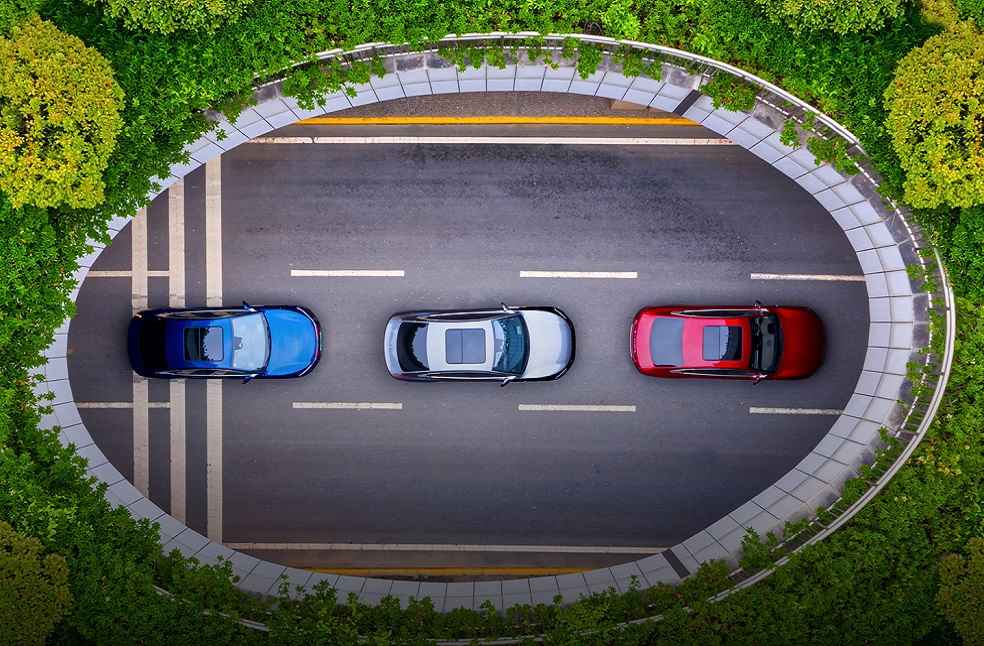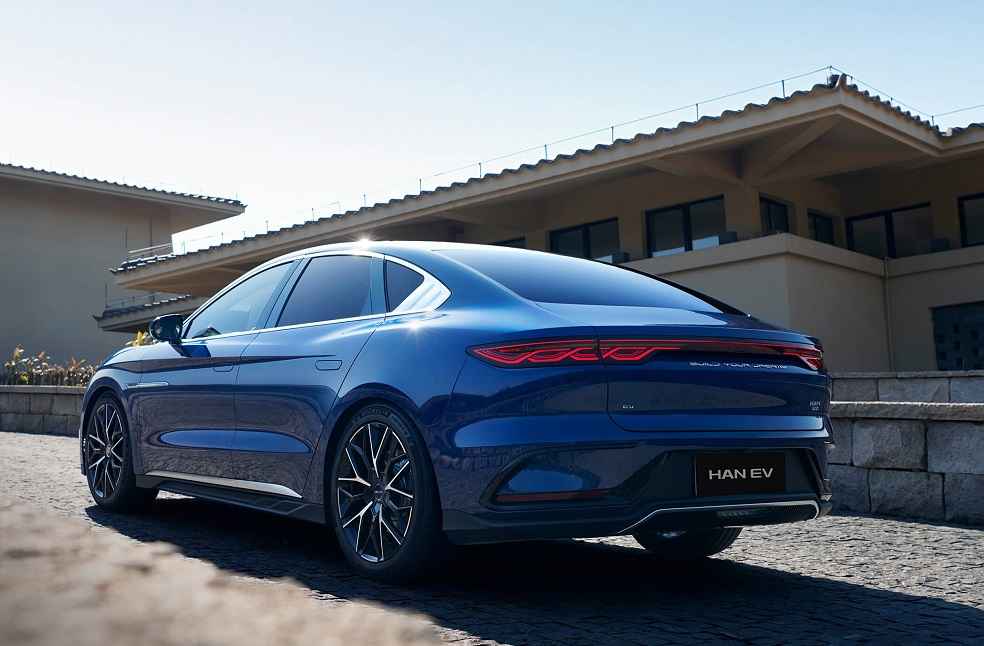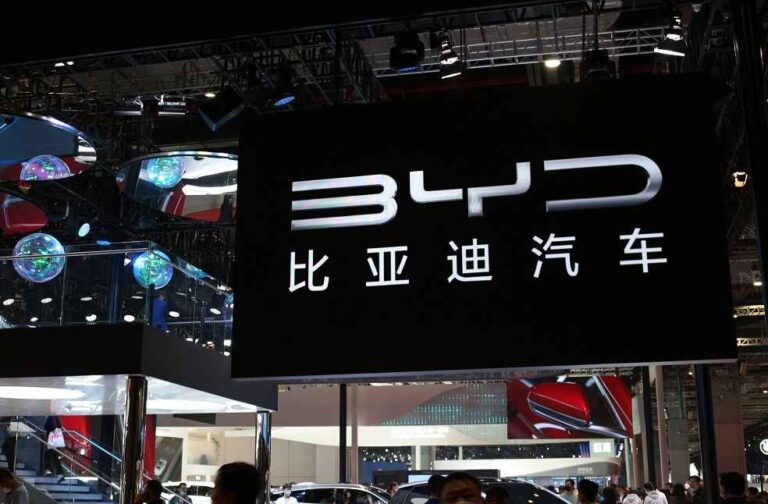China’s leading electric vehicle (EV) manufacturer, BYD, is embroiled in a tax evasion probe in India. The latest news suggests that BYD is attempting to navigate this crisis without exacerbating the already strained bilateral ties amid border disputes between New Delhi and Beijing.
BYD has been under the microscope of India’s tax department for the past few months. India has thrust the automotive giant into crisis, armed with documents and evidence. The investigation was initiated following allegations that Chinese automakers did not pay enough tax on car parts imported for assembly in India.
India’s Directorate of Revenue Intelligence (DRI) has levied accusations amounting to about $9 million. These charges arise from an ongoing investigation that could result in additional tax charges and penalties for the company, according to sources close to the matter.

Following DRI’s initial findings, BYD deposited the disputed amount. Nevertheless, the investigation continues, potentially leading to further tax liability for the carmaker. Pending a final notice from DRI, BYD will have an opportunity to challenge these claims.
This scrutiny centers primarily on BYD’s proposed investment of USD 1 billion for local car production. Faced with stricter regulations on foreign investments from neighboring countries such as China, BYD has hinted to its Indian joint venture partner at a potential withdrawal from these investment plans.
Chinese companies in India have been under increasing scrutiny since the border conflicts between the two nations in 2020. For instance, Xiaomi Corp, a smartphone manufacturer, faced allegations of illegal remittances to foreign entities as royalties — charges that Xiaomi has denied and is legally contesting.
Imported, fully assembled EVs are subject to an Indian tax levy of 70% or 100%, based on the vehicle’s value. Conversely, a reduced tax of 15% or 35% applies to imported car parts intended for local assembly. This lower rate applies solely when specific parts, such as battery packs or motors, are imported without being attached to a vehicle chassis.

A source revealed that BYD allegedly did not comply with these conditions, thereby making the company liable for the higher tax rate of either 70% or 100%, depending on the vehicle’s value. The details about the timeframe of the alleged non-compliance and the number of cars implicated remain undisclosed at this point.
BYD, having invested more than USD 200 million in India, sells the Atto 3 electric SUV and the e6 EV to corporate fleets. The company plans to introduce its Seal electric sedan later this year. Government registration data indicates that BYD has sold about 1,960 cars in India since initiating sales in 2022.
BYD, with operations in India and China, declined to comment despite multiple inquiries. Remarkably, neither the Indian Finance Ministry nor China has issued any statements. The consensus is that there is no cause for alarm that the relations between the neighboring countries will deteriorate due to the intensified scrutiny.
OBSERVATION | Bosch is Investing More to Play a Big Role in the Future Trucking Industry





